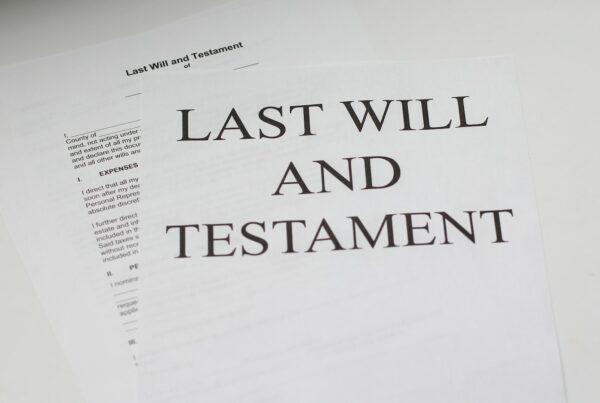Assets are not the only items subject to division in a dissolution of marriage. Marital debts are also allocated between the two parties. The allocation of marital debts can be done via agreement (a Marital Settlement Agreement) or the judge will make a ruling on who is responsible for what debt after hearing evidence at trial. If there are joint marital debts things can get messy. Many individuals think that if their spouse is ordered to pay a joint marital debt they are not subject to collections by the creditor. This is not the case. Marital Settlement Agreements and Final Judgments for Dissolution are not binding on third parties. That means if your ex-spouse discontinues payment on a joint debt, or gets the debt discharged in Bankruptcy, you can be collected on despite the fact that your ex was ordered to pay said debt as part of the dissolution of marriage.
Here is the good news, child support and maintenance obligations are non-dischargeable in bankruptcy. Furthermore, with the proper legal representation your ex-spouses’ property settlement payments cannot be discharged in bankruptcy. On the other hand, joint debts which your ex-spouse was ordered to pay on, like credit cards, auto loans, or personal loans can be successfully discharged by your spouse in a bankruptcy proceeding. However, your ex is still liable to you in relation to the terms of the Marital Settlement Agreement or Final Judgment for Dissolution of Marriage. The appropriate action to take if your spouse discharges debt, for which they were ordered to pay, is to file a Petition for Adjudication of Indirect Civil Contempt with the trial court.
If your spouse has filed for bankruptcy after your divorce was finalized, contact the attorneys at Allison & Mosby-Scott to ensure your rights are protected.






